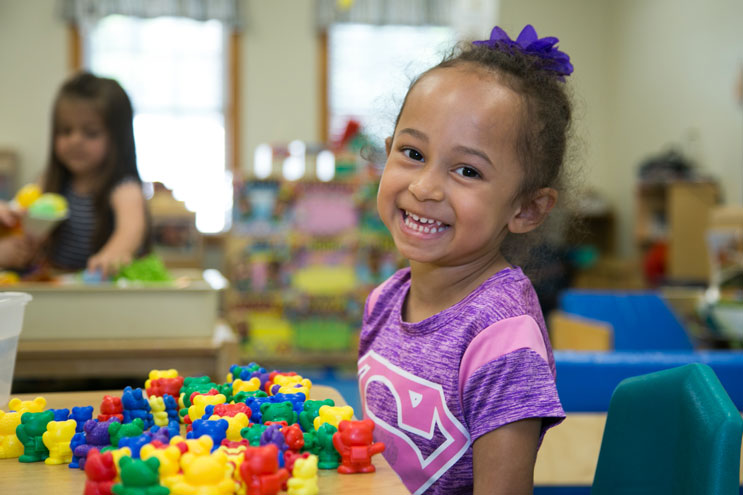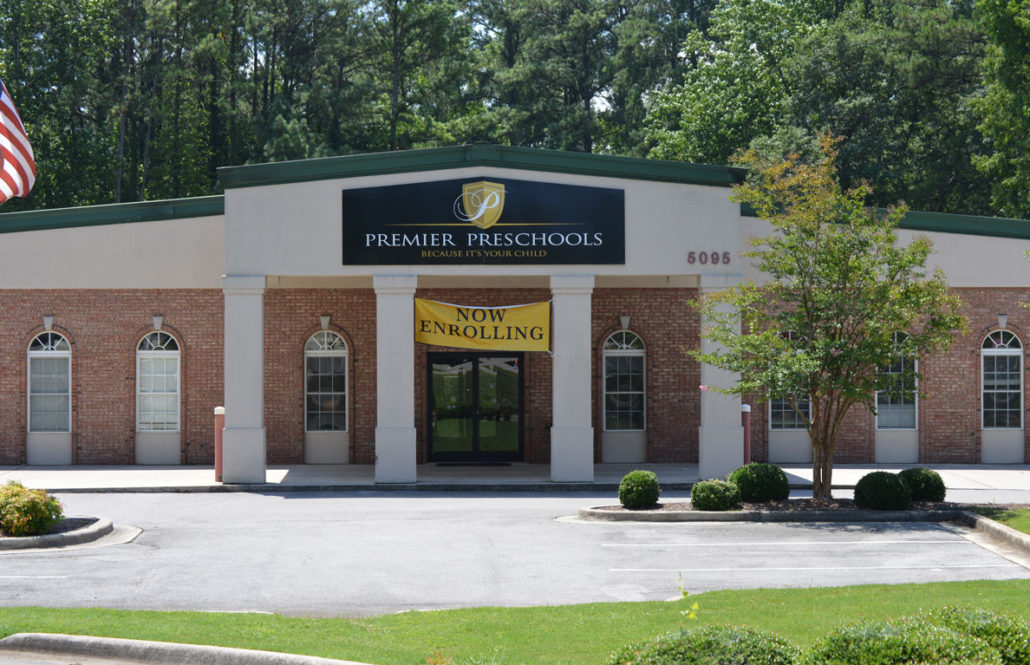Curriculum
At Premier Preschool, we follow Alabama’s Standards for Early Learning and Development (ASELDs). The ASELDs offer a set of shared expectations for young children’s growth and development and provide a continuum of learning for all children, birth to 5. This lays the foundation for what children should be able to know, do and learn at age specific intervals. The goal of a preschool curriculum is to encourage children to be actively involved in the learning process, to experience a variety of developmentally appropriate activities and materials, and to pursue their own interest in the context of life and the world. However, preschool curriculum is not just goals of the program and the planned activities, but also the daily schedule, the availability and use of materials, transitions between activities and the way in which routine tasks of living are implemented. Criteria for curriculum implementation reflect the knowledge that young children learn through active manipulation of the environment and concrete experiences, which contribute to concept development. High quality early learning settings offer both exploratory (or free play) as well as guided play to promote learning and development. Exploratory play allows children to be creative, to find out about their own interests and abilities and to make decisions. Through play experiences, children learn how to work in groups and get along with others. Children’s play is more than just interacting with toys. It is the way in which children learn about themselves, others, and their world.
Observing and Assessing Children’s Development The younger children are, the more difficult it is to accurately and effectively assess them. One way to overcome this challenge is to create an environment in which teachers collect information about young children across a longer time period, in a natural setting. Teachers and aides are ideally positioned for collecting such observation-based data, given the knowledge they have about each child’s development. In addition, observation-based assessments can guide teachers to become more reflective and intentional as they observe key dimensions of children’s development.



